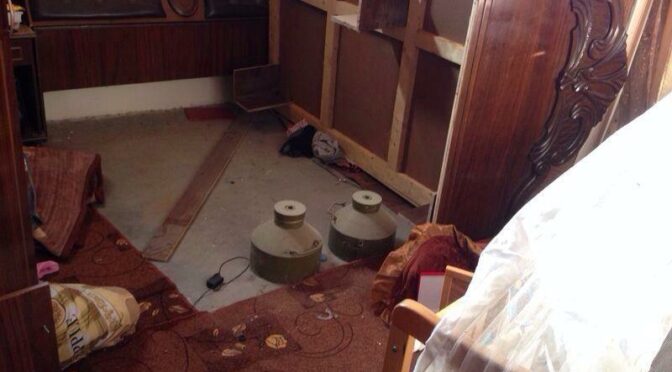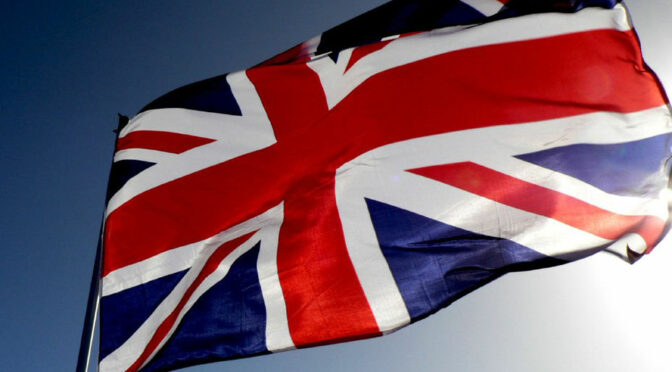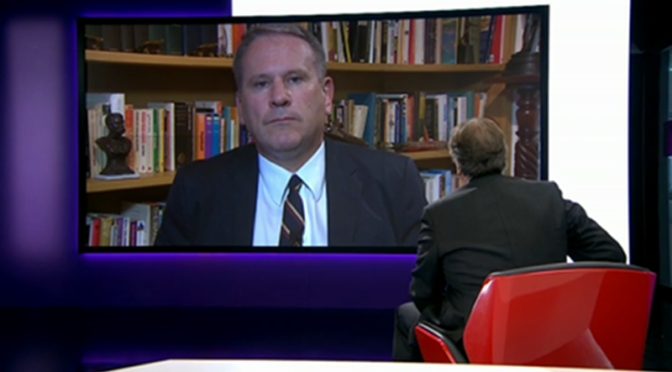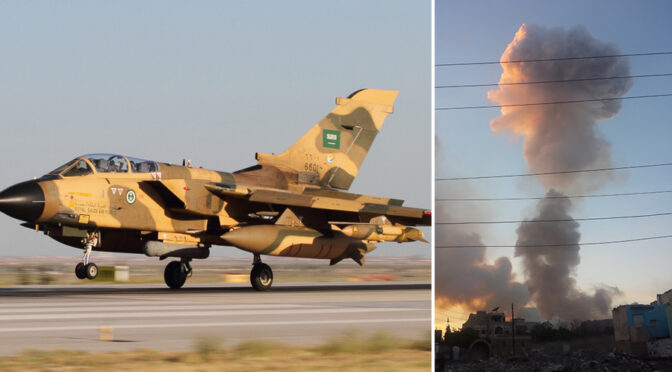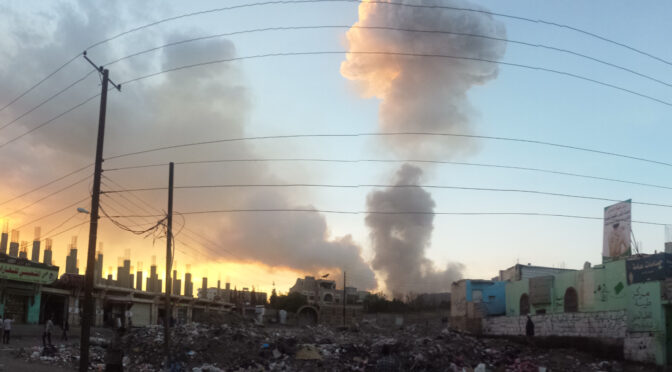Article published in The Express, 23 March 2016. © Richard Kemp
ISLAMIC terrorists know we must continue to use air and rail centres, that is why these are their preferred targets.
Stations and airports guarantee large crowds at predictable times, so mass casualty attacks are much easier.
It is impossible to fully protect them without bringing our cities to a halt. The most effective defence is intelligence.
European national intelligence services have disrupted far more attacks than have succeeded.
But intelligence is usually incomplete, often wrong and lacking in coordination, as in Paris and now in Brussels.
Yet instead of national and European policies increasing the effectiveness of our intelligence services, they are undermining them.
Immigrants are pouring into Europe without effective security screening although they include active jihadis.
This is made worse by the return to Europe so far of at least 5,000 known terrorists who have fought with the Islamic State in Iraq, Syria and elsewhere and remain free to cross borders at will.
Jihadis operate from within growing Muslim communities that are often unwilling to turn them in and oppose measures to combat radicalisation.
With terrorists inspired and directed by an IS emboldened by the West’s weak response, Europe now faces the most dangerous terrorist threat in its history. Continue reading


